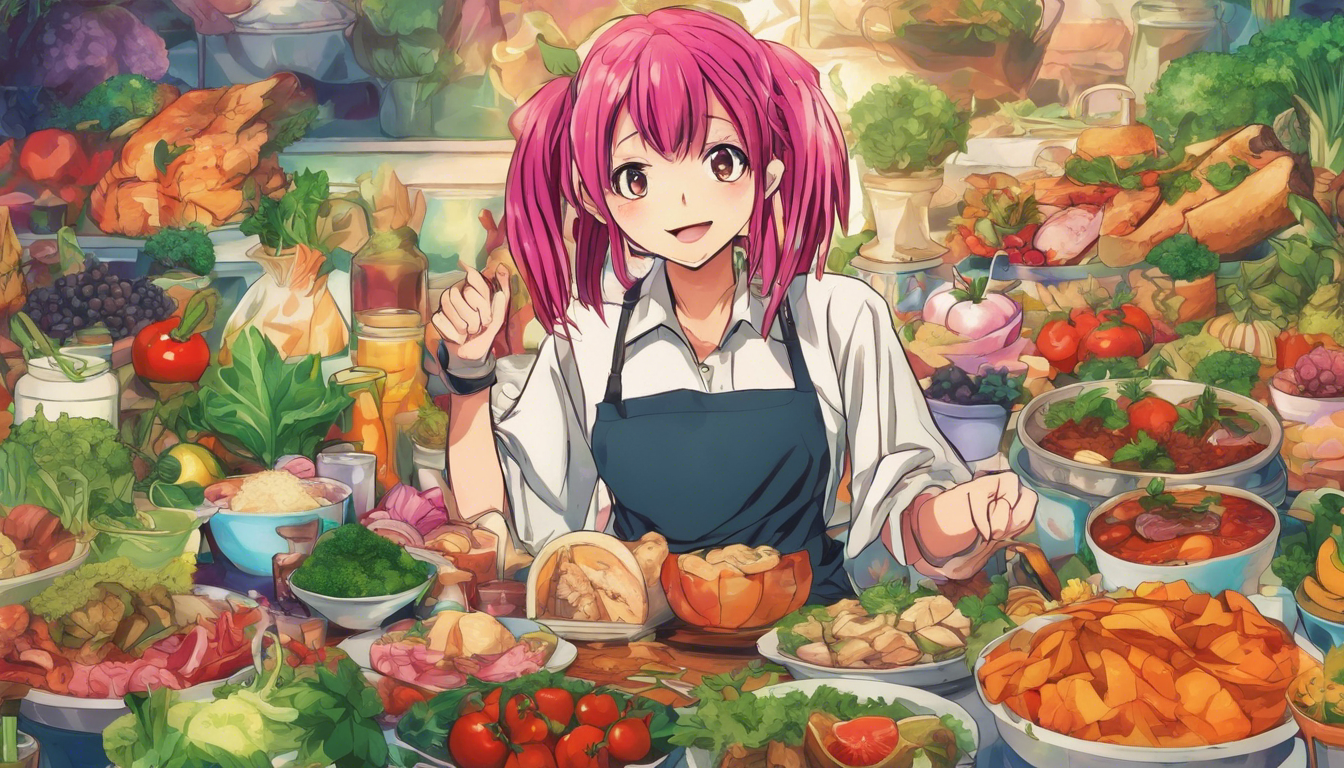
Veganism has gained significant popularity in recent years as people become more aware of the ethical, environmental, and health implications of their food choices. However, there are still many myths and misconceptions surrounding the vegan diet, particularly when it comes to variety and taste. Let’s address some of these common myths and present factual information to help dispel these misconceptions.
Myth 1: Vegan food is boring and lacks variety
This is perhaps one of the most pervasive myths about veganism. Many people believe that a vegan diet consists solely of salads and bland, unappetizing dishes. However, this couldn’t be further from the truth. In reality, there is an incredible variety of delicious vegan foods available.
Vegan cuisine draws inspiration from a wide range of culinary traditions around the world. From fragrant Indian curries to hearty Italian pasta dishes, there are countless options for creating flavorful and satisfying meals without using animal products. Moreover, plant-based substitutes have come a long way in terms of taste and texture, making it easier than ever to enjoy vegan versions of your favorite comfort foods.
Myth 2: Vegans don’t get enough protein
It’s a common misconception that a vegan diet can’t provide adequate protein. While it is true that some plant-based protein sources may not be as protein-dense as animal products, there are numerous ways for vegans to meet their protein requirements.
Plant-based protein sources include legumes such as lentils, chickpeas, and black beans; nuts and seeds; tofu and tempeh; quinoa; and even vegetables like spinach and broccoli. By incorporating a variety of these protein sources into their diet, vegans can easily obtain all the essential amino acids their bodies need.
Myth 3: Vegan food is expensive
While it’s true that some vegan specialty products can be pricey, a plant-based diet doesn’t have to break the bank. In fact, many staples of a vegan diet such as beans, rice, fruits, and vegetables are quite affordable and readily available.
Planning and preparing meals at home can also help save money. Cooking vegan meals from scratch allows you to control the ingredients and portion sizes, reducing the overall cost compared to eating out or relying on processed convenience foods.
Myth 4: Vegans lack essential nutrients
Another common myth is that vegans are at risk of nutrient deficiencies. While it’s true that certain nutrients such as vitamin B12, iron, and omega-3 fatty acids may require special attention in a vegan diet, with proper planning and awareness, these nutrients can be easily obtained.
Vitamin B12, for example, is primarily found in animal products, but there are many vegan fortified foods and supplements available to ensure an adequate intake. Additionally, iron can be obtained from plant-based sources such as fortified cereals, leafy greens, and legumes, while omega-3 fatty acids can be obtained from flaxseeds, walnuts, and algae-based supplements.
In conclusion
Vegan food has come a long way in terms of variety, taste, and nutrition. The myths surrounding the vegan diet often stem from a lack of awareness and understanding. By debunking these myths and presenting factual information, we hope to provide clarity and educate readers about the realities of the vegan diet.